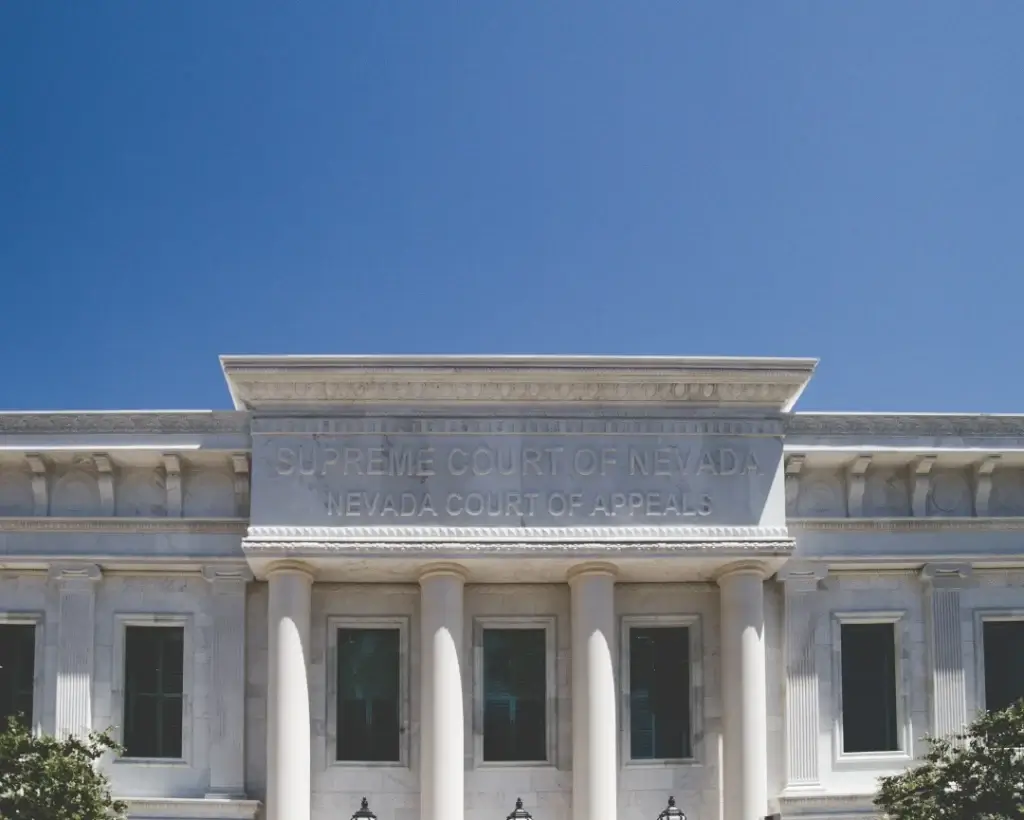June 17, 2022
A recent court decision out of Nevada is sure to provide comfort to those who use AIA Contract Documents. In SR Construction, Inc. v. Peek Brothers Construction, Inc., 138 Nev. Adv. Op. 41, 2022 WL 1815435 (2022), the Supreme Court of Nevada interpreted and enforced the arbitration provision contained in many of the AIA’s standard forms. In this case, SR, a general contractor, and a medical facility owner entered into the A133®-2009, Standard Form of Agreement Between Owner and Construction Manager as Constructor where the basis of payment is the Cost of the Work Plus a Fee with a Guaranteed Maximum Price, supplemented with the A201- 2017 General Conditions of the Contract for Construction (prime contract) for construction services on a medical center in Reno, Nevada. Under the A133, parties may seek to increase the Guaranteed Maximum Price (GMP) and recover additional necessarily incurred costs through change orders. Where costs exceed the GMP, the prime contractor is responsible for the excess costs. The prime contract included the AIA Contract Documents’ standard definition of “Claim,” a consolidation of arbitration provision, as well as the AIA’s standard dispute resolution provision. The prime contract’s arbitration provision stated:
“Arbitration shall be utilized as the method for binding dispute resolution in the Agreement[.] [A]ny Claim subject to, but not resolved by, mediation shall be subject to arbitration which, unless the parties mutually agree otherwise, shall be administered by the American Arbitration Association in accordance with its Construction Industry Arbitration Rules in effect on the date of the Agreement.”[1]
SR, under a preexisting master subcontract agreement (subcontract), issued a work order to Peek, a subcontractor, for core and shell civil work on the project.[2] Under this subcontract, SR and Peek agreed to arbitrate disputes where (i) the prime contract required arbitration, and (ii) the dispute involved “issues of fact or law which [SR] is required to arbitrate under the terms of the prime contract.”[3] The subcontract also included a consolidation clause, which required SR and Peek to use the same arbitrator that was used in any SR-owner dispute.
A dispute later arose concerning Peek’s deviation from the bid-based plans, which added $140,000 to Peek’s costs. Peek sought to recover the extra costs from SR in two change orders requests. These change orders costs were rejected by the owner as unnecessarily incurred costs. Before SR initiated arbitration about these change order costs, Peek sued SR in district court. Notably, Peek did not initiate suit against the owner.
At issue before the Supreme Court of Nevada was whether the parties’ dispute fit within the scope of the subcontract’s arbitration provision. On the one hand, SR argued that the dispute involved issues of fact and law about the reasonableness of additional costs that SR must arbitrate with the owner under the prime contract, so the matter was arbitrable as between SR and Peek under the subcontract. On the other hand, Peek argued that the dispute did not involve the owner because SR was solely responsible for additional costs over the GMP, and thus, the subcontract did not require arbitration because the prime contract only mandates arbitration of owner-SR disputes.
In interpreting the arbitration provisions of both the subcontract and the prime contract, the Court held that SR and Peek’s dispute is subject to arbitration. The Court reasoned that the subcontract does not limit arbitration to specific issues, and instead, it incorporates the prime contract by looking to (1) whether the prime contract requires arbitration, and (2) whether the dispute involves issues of fact or law which SR is required to arbitrate with the owner. In reaching its decision, the Court found that the prime contract’s arbitration provision is broad because it covers all SR-owner disputes, including “matters in question … arising out of or relating to the contract.”[4] The Court also found the subcontract provision to be broad because it requires arbitration of disputes that SR must arbitrate under the prime contract. The Court stated that even if the subcontract’s arbitration provision was narrow, the parties’ dispute fit within its scope because SR must arbitrate whether change order costs are reasonable and reimbursable under the prime contract. The Court also relied on other terms of the prime contract and subcontract in holding that the dispute is arbitrable, such as the prime contract’s consolidation-of-arbitration provision.[5] In all, the Court reasoned that the owner has ultimate authority to approve or reject change order requests up to the GMP. Potential outcomes of the Peek-SR dispute implicate the owner’s financial interests, such as SR seeking reimbursement from the owner if Peek’s change order costs are found to be reasonable. However, since the owner’s responsibility for Peek’s change order costs was undetermined, arbitration cannot be avoided under the prime contract and the subcontract, even though the owner was omitted from the complaint.[6]
What SR confirms is that parties to standard AIA construction contracts can rely on the arbitration provisions where they flow down into lower-tier subcontracts, eliminating uncertainty over the applicability and enforceability of those clauses. As the above case shows, this remains true regardless of whether both prime contracting parties are directly involved in the dispute.
AIA Contract Documents has provided this article for general informational purposes only. The information provided is not legal opinion or legal advice and does not create an attorney-client relationship of any kind. This article is also not intended to provide guidance as to how project parties should interpret their specific contracts or resolve contract disputes, as those decisions will need to be made in consultation with legal counsel, insurance counsel, and other professionals, and based upon a multitude of factors.
[1] Id. [2] Id. at 2. [3] Id. at 3. [4] Id. at 4. [5] Id. at 5. [6] Id. at 6.

